In response to the LA Commission’s February colloquium in honor of National Black HIV/AIDS Awareness Day, Dr. Nina Harawa, CHIPTS Policy Impact Core Director, shared significant insight on the day’s panel discussion. Read more on her commentary below.
The PDF is also available for download here-
LA HIV Commission Panel for NBHAAD - Reflection
“Reflections on February 13th LA HIV Commission Panel for NBHAAD” – Nina T. Harawa, MPH, PhD
Today’s panel in honor of NBHAAD raised a range of issues, concerns, and solutions. Among other points, the stellar group of committed provider/advocates highlighted the changing healthcare landscape and workforce training needs. The latter issue particularly drew my attention. It is on days like these that I realize I have been in the HIV fight, in this corner of the epidemic, for a long time. Others have been in it even longer and will soon retire.
My first HIV Commission meeting was likely 24 years ago, and I remember well presenting to that very body while 8 months pregnant with my oldest daughter. She turns 16 soon. I have known three of the four panelists for at least a dozen years. One panelist kept mentioning the grey beards in the room. As a member of the “starting-to-grey sister lock set” and an educator, I argue that we must heed the call for efforts to ensure that a capable HIV workforce grows and remains steadfastly in place. We need these individuals more than ever as we work to end the epidemic, while continuing to care for the million-plus people currently living with HIV in the US.
New people and young people bring energy and fresh perspectives. Fortunately, there are some local efforts to tap and grow that energy. They include CHIPTS’ HIV Next Generation Conference and pilot awards, Tru Evolution’s innovative plan to train a cadre of young adult MSM as HIV testing counselors so they can provide this service to their networks, Charles R. Drew University of Medicine and Science’s upcoming College Student HIV Testing Day on April 7th, and UCLA’s Sex Squad with its creative, sex-positive approach.
A crucial part of the panelists’ call was to increase the numbers of Black providers and researchers in the area of HIV. The vital role that Black/African American providers play in serving the needs of Black patients, including the ability to forge trusting partnerships with patients, cannot be overstated. Presenters and panelists vividly articulated this point in our conference on Medical Mistrust in Black/African American communities. Charles Drew University’s plan to open an independent 4-year medical school in fall 2023 that will add new cohorts of 60 students each year will also help meet that need by increasing the number of medical providers with the training and motivation to serve in communities of color.
Three other key points that were highlighted by panelists and echoed by the audience:
- The fundamental role of social determinates of health in fueling the HIV epidemic in Black communities, including racism, homophobia/transphobia, poverty, and HIV stigma. As a scholar, I find Link and Phelan’s concept of “fundamental causes” to be crucial to thinking about these types of social determinates. Researchers, interventionists, and advocates should not miss opportunities to highlight the devastating impacts of these systems of power and privilege so that we address the root causes of poor health, rather than just the proximal determinates. (REF: Link/Phelan).
- The importance of ongoing health-related education for patients and affected communities. This is a particular concern of mine. The HIV field has largely abandoned health education and risk reduction efforts under the assumption that they “do not work.” While I question some of the ways in which research findings have been interpreted to come to this conclusion, I recognize that intensive educational and skill-building interventions are challenging to bring to scale and sustain over time. Nevertheless, they are necessary, even where not sufficient for addressing the challenge. Providing someone a biomedical intervention, whether as prevention or treatment, without educating them on what it is doing in their bodies or the other implications it has for their health is unethical and can have unforeseen negative consequences. Furthermore, evidence is accumulating that many Black people who are at-risk for HIV may never adapt biomedical prevention. Other options must remain available to them.
- The often-profound impact of syndemic conditions on HIV in Black communities. These include mental illness and substance use disorders, but also social epidemics such as incarceration and homelessness. While Black people are often not overrepresented among those with many types of mental health conditions and substance use disorders, we often experience more frequent and more severe negative sequelae of these conditions because of our social and structural contexts. Comorbid conditions are a theme of our Center and these syndemics are ones that CHIPTS investigators know well and focus on in much of their work. We seek to intervene in effective ways with populations with co-occurring conditions and to examine the impact of policies that might ameliorate or worsen their impact.
I have long contended that successfully ending the HIV epidemic in Black America would require repairing many of the conditions, attitudes, and dynamics that harm the physical, social, economic, and emotional well-being of our communities. This is a tall order. PrEP and treatment as prevention may make it possible without such fundamental shifts. Nevertheless, the panelist make clear that, even with these biomedical advances, we do need to move in the direction of these fundamental changes to have any chance of lasting success.
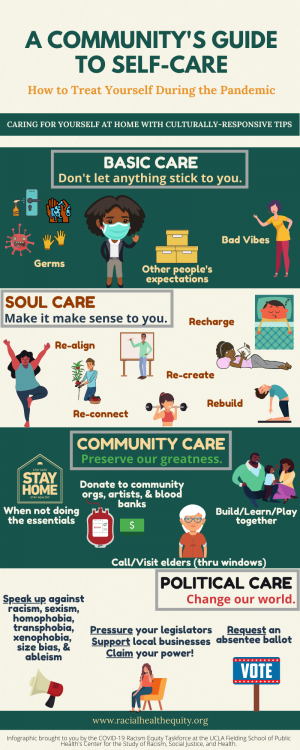

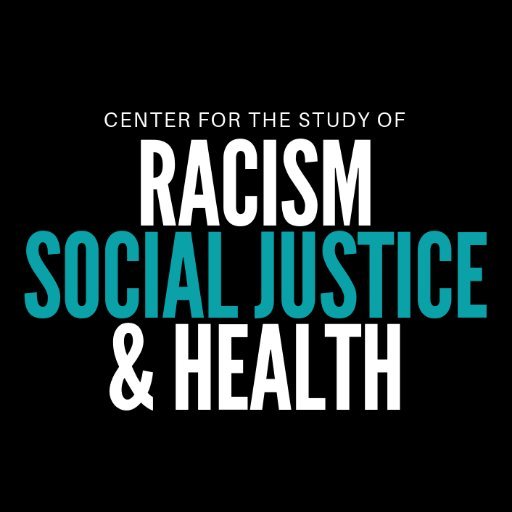
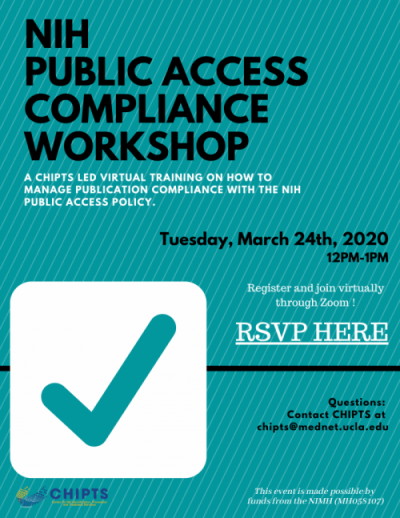
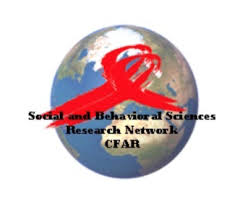
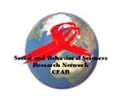
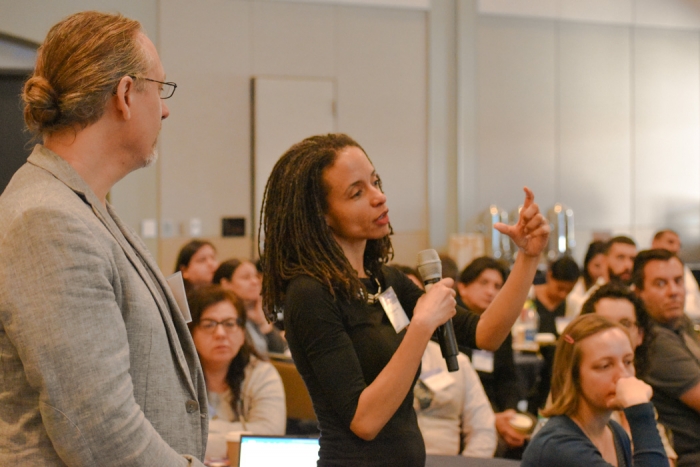
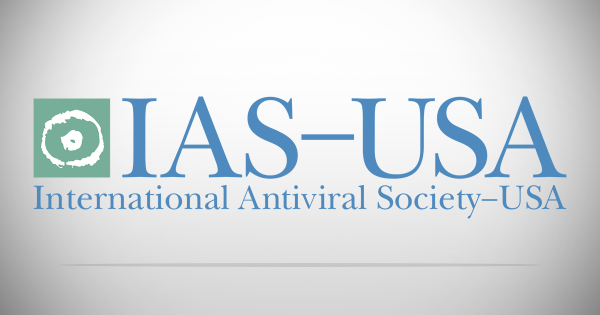
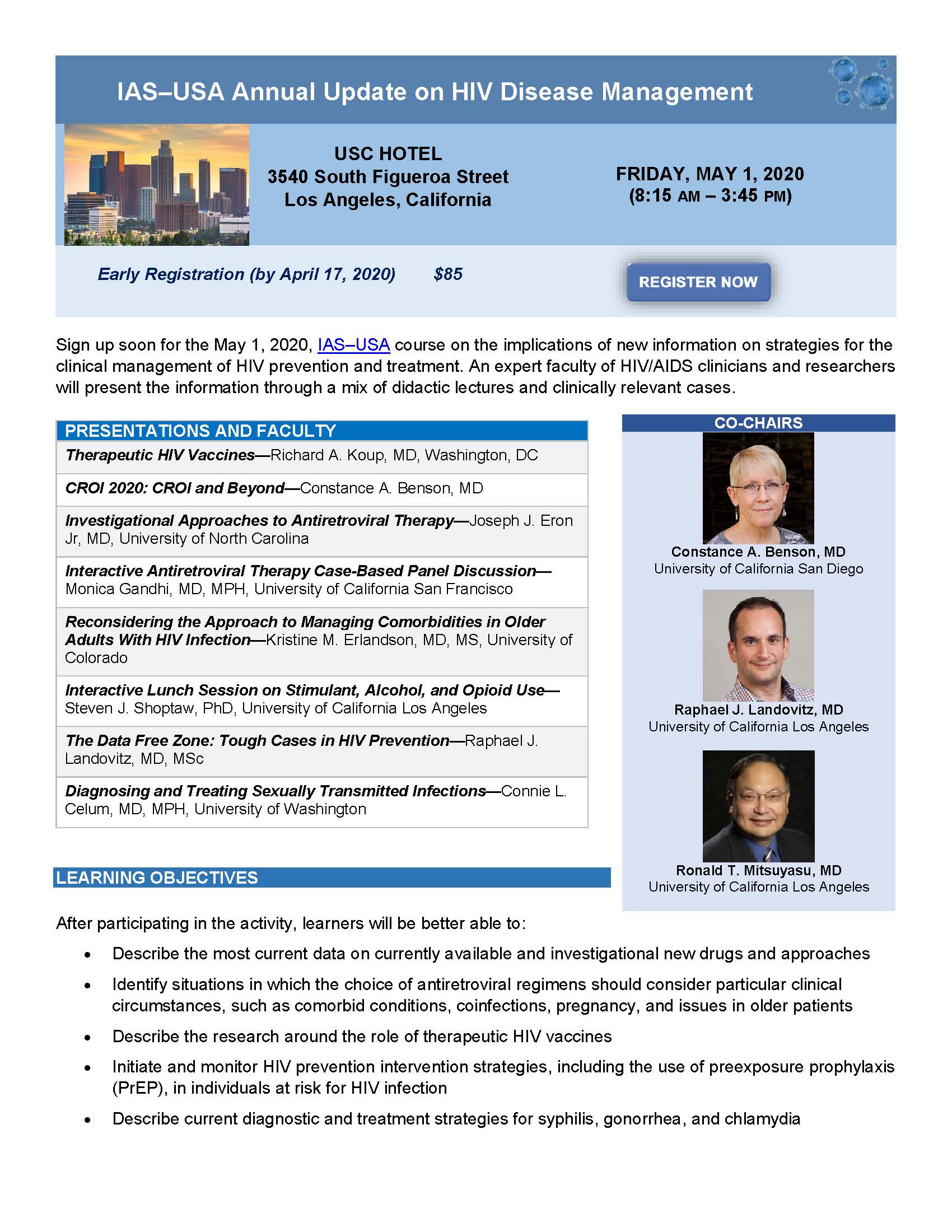
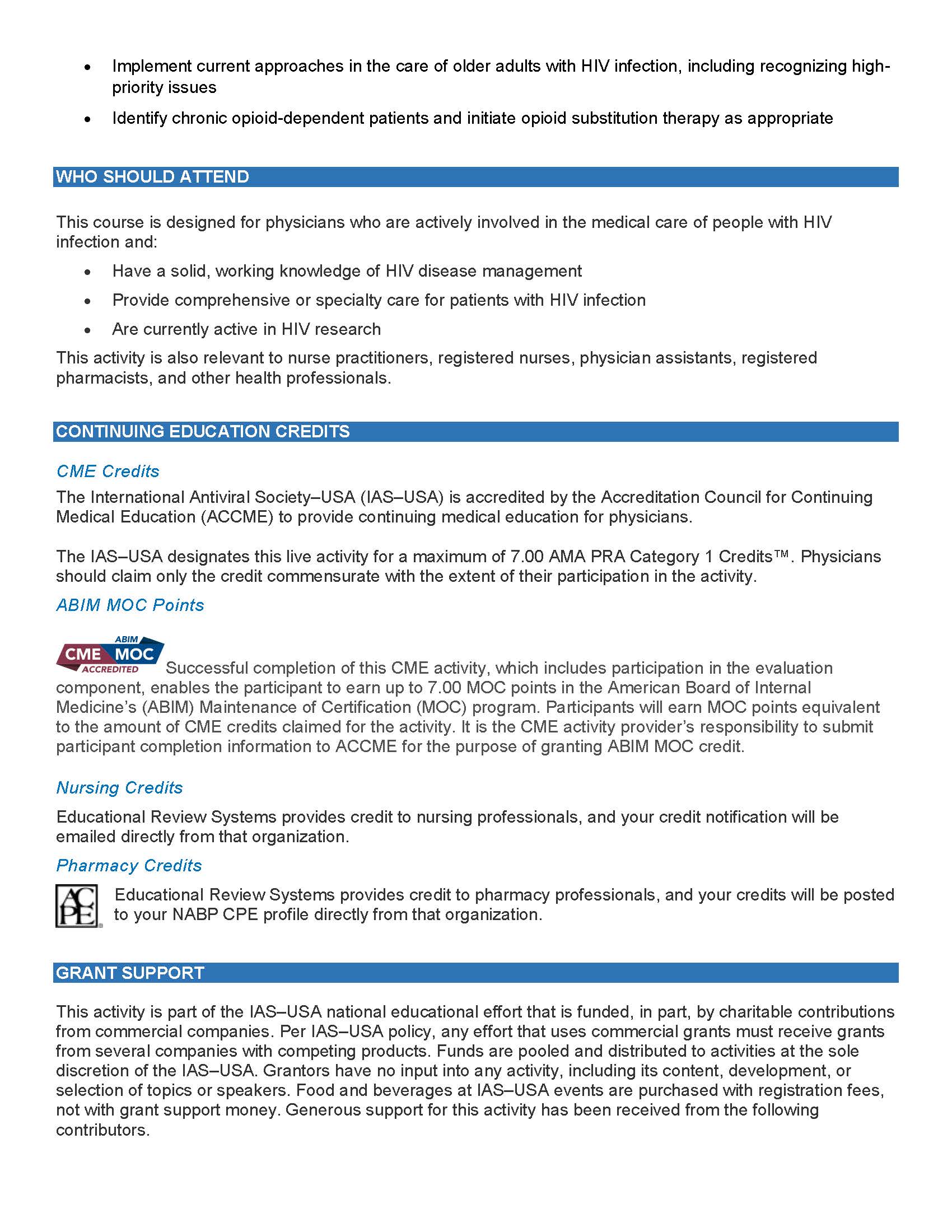
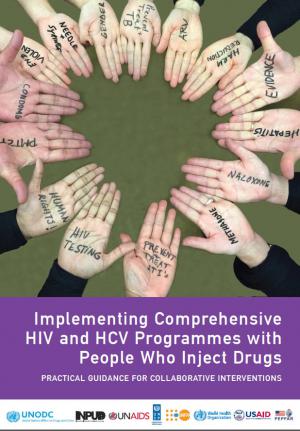 discrimination; health and support services for the comprehensive package of harm reduction interventions; service delivery approaches, including engaging people who inject drugs as program staff and peer outreach workers; and program management. The tool contains examples of good practices from around the world that can be used to support efforts to plan programs and services with people who inject drugs.
discrimination; health and support services for the comprehensive package of harm reduction interventions; service delivery approaches, including engaging people who inject drugs as program staff and peer outreach workers; and program management. The tool contains examples of good practices from around the world that can be used to support efforts to plan programs and services with people who inject drugs.